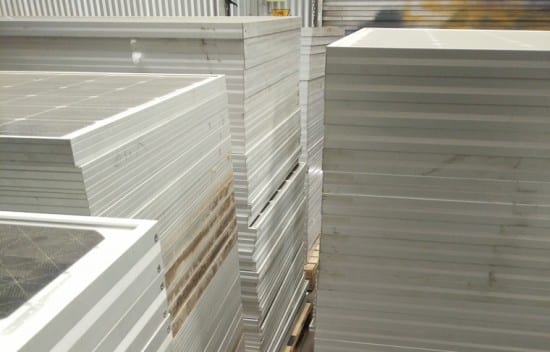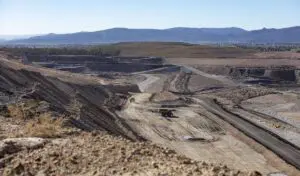Queensland Labor has tipped more than $5 million into a solar panel recycling pilot in the state in a bid to tackle the potentially huge PV waste problem looming on the flipside of Australia’s huge rooftop solar success story.
The pilot, casually announced on LinkedIn on Friday, is part of the Solar Stewardship Scheme, which was announced roughly a year ago by the Queensland government and Planet Ark.
The solar recycling pilot, which last year promised to investigate how and where best to go about collection, recovery and recycling of used PV modules, is being led by the Smart Energy Council.
“In short, we’re working to ensure residential solar panels can avoid landfill and are repurposed for parts, whilst helping inform the development of a national product stewardship scheme,” said Smart Energy Council chief John Grimes in a video message on LinkedIn.
Grimes said the funds would help turn Queensland into “the pilot state for solar recycling, to close the loop to make sure that we don’t solve the climate crisis and create a waste crisis in the process.”
He says the pilot will also aim to tackle challenges identified since the announcement of the stewardship scheme and drive momentum and behaviour change in the industry.
Queensland energy minister Mick de Brenni says the pilot means thousands of solar panels will now avoid landfill to be re-purposed for parts.
“It’s all part of our more than $5 million announcement to take charge of the entire solar panel life cycle,” the minister said in his own message on LinkedIn.
Time is of the essence. Queensland environment and science minister Meaghan Scanlon last year said the state is expecting its solar panel waste problem to explode by 2030, from not quite 1,000 tonnes in 2019 to 17,000 tonnes.
To manage this, Scanlon’s department is considering banning solar panels from Queensland landfills – a draft e-products strategy could see this ban in place within the decade. Alternatives need to be found.
“With the highest rooftop solar penetration in the country, we need to explore how we deal with panels when they reach the end of their life,” she said in a statement in March 2023.
“We know that like other forms of e-waste, there is huge potential for parts to be recycled and in some instances repaired instead of ending up in landfill.”
According to a recent University of New South Wales study, solar panel recycling can be a lucrative and productive process, with a typical 20kg module able to yield more than $20 worth of materials including aluminium, glass, silicon, silver, and copper.
But there are costs, too. The study put the price of recycling solar in a range between $500 and $1,000 per tonne, covering transportation and before accounting for the revenue from sold materials.
“Given these challenges, alongside the high costs of recycling and a limited market for the recycled materials, there is a pressing need for more innovative recycling solutions in Australia,” the report said.
“These solutions should aim to efficiently reclaim all materials from solar panels at lower costs, addressing the existing gaps in the process.”










